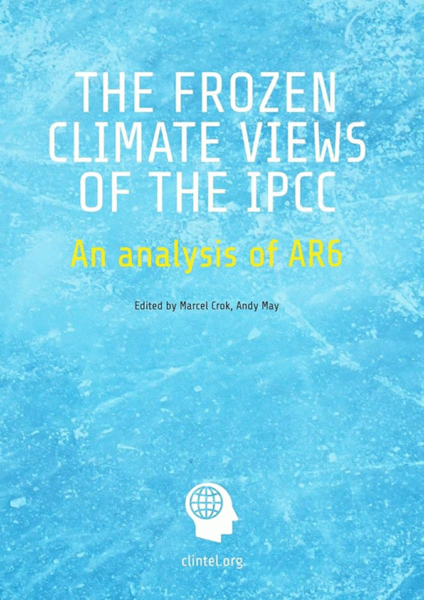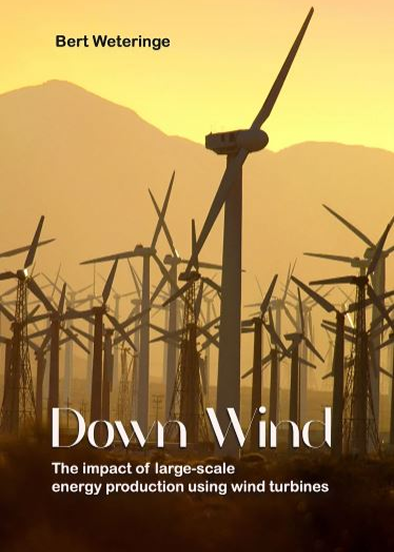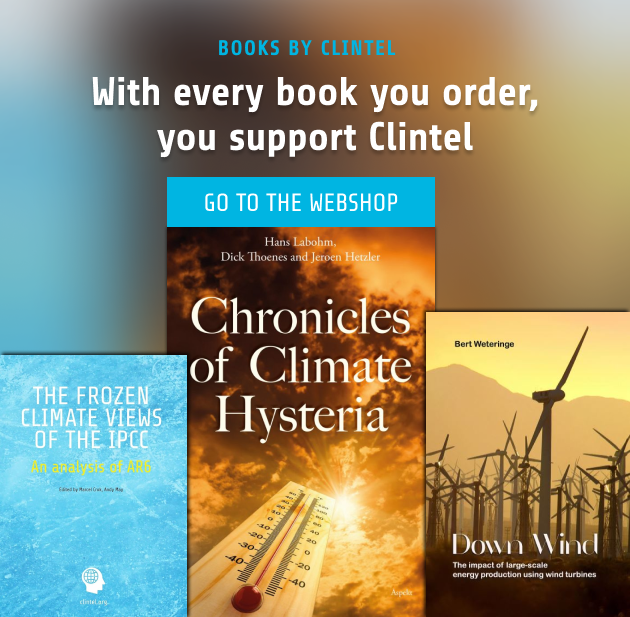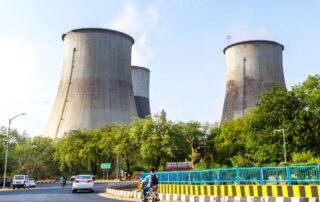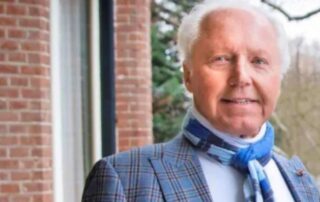Opinion Michelle Stirling: The climate report the mainstream media thought you shouldn’t see
A major U.S. climate science review undercuts doomsday narratives — but the press, climate investors, and Canadian policymakers aren’t interested in a real debate.
No, we’re not going to fry, says U.S. red-team panel
The U.S. Department of Energy recently commissioned a “red team” climate report by a group of respected experts: Judith Curry, John Christy, Roy Spencer, Steve Koonin, and Canadian economist Ross McKitrick. The report raises serious doubts about the idea of a looming climate catastrophe — yet it’s been largely ignored by mainstream media.
In Canada, only a CTV reprint of an Agence France-Presse (AFP) article has appeared. AFP is a leading partner in Covering Climate Now, a global network of 500 media outlets committed to pushing “consensus” climate messaging. Unsurprisingly, the article quotes only critics of the DOE report — not the authors. One such critic, Ben Santer, claims the report misrepresents his work.
But this report isn’t a Trump-era creation, as people are encouraged to assume, but the fruit of a workshop led by Steve Koonin, the DOE’s Under Secretary for Science in the Obama administration from 2009-2011.
In January of 2014, the American Physical Society had run a Climate Change Statement Review workshop, led by Koonin, which included scientists Ben Santer, Judith Curry, John Christy, William Collins, Isaac Held and Richard Lindzen — and surfaced deep concerns with the prevailing narrative.
These findings informed Koonin’s book Unsettled, and a 2017 piece by Rupert Darwall at the Competitive Enterprise Institute exposed how shaky the so-called consensus truly is. But instead of engaging in debate, critics offered only smears. Climate policy analyst Roger Pielke Jr. noted that rather than argue the science, consensus defenders resorted to name-calling.
Judith Curry testified before the U.S. Senate in 2014, challenging the IPCC’s claims. She pointed out that reducing CO₂ emissions may be futile and that observed warming stagnation over 15+ years shows CO₂ is not the main driver of climate variability.
These kinds of statements threatened a climate industry that had been gaining steam — backed by wealthy philanthropists like Michael Bloomberg and Tom Steyer. In response, they launched Risky Business, a report that shaped financial sector thinking. But it was based on an extreme emissions scenario known as RCP 8.5 — which is now widely considered implausible.
Even the DOE report says RCP 8.5 should not be treated as “business-as-usual,” stating it’s based on “implausible” inputs.
Yet in Canada, RCP 8.5 is still used as the baseline for federal projections, municipal climate funding applications, and documents by taxpayer-funded bodies like the Prairie Climate Centre and the Canadian Climate Institute. It appears in Environment Canada reports and in a 2018 study by Prof. Katharine Hayhoe for Alberta’s NDP, since debunked by Friends of Science.
RCP 8.5 also guides climate risk assessments at the Bank of Canada and the Office of the Superintendent of Financial Institutions. Mark Carney’s 2015 speech at Lloyd’s of London — citing Risky Business — helped turn global banks into climate enforcers.
The problem? RCP 8.5 was never meant as a prediction, but researchers repurposed it to justify extreme climate warnings. Pielke and co-author Justin Ritchie have shown how this misuse distorted both public understanding and policy.
Canada now faces massive economic fallout. Economist Trevor Tombe told Senator Pamela Wallin in a recent interview that the country is in serious fiscal trouble. While some blame trade tensions or populist politics, a decade of expensive, ineffective climate policies is a major factor.
The federal government plans to spend $476 billion between 2020 and 2030 on Net Zero programs — over 400 of them — nearly all of which are built on the RCP 8.5 fiction. This goes far beyond the carbon tax.
We need serious scrutiny. The DOE’s red team shows how real climate science — rigorous, open, and skeptical — should look. We need the same approach here.
As the 2,000 experts of the international CLINTEL group put it plainly: “There is no climate emergency.”
It’s time to stop sleepwalking toward economic decline under the banner of Net Zero. Canadians must demand debate — before it’s too late.
Michelle Stirling
Michelle Stirling is a writer/researcher whose op-eds have appeared in various Alberta newspapers. She is also the Communications Manager for Friends of Science Society.
This op-ed was published on August 4th on westernstandard.news.
more news
Clearing up some misconceptions about the DoE report
After environmental groups sued to halt a critical Department of Energy climate report, accusations of secrecy and political bias quickly followed. Ross McKitrick responds by challenging what he calls widespread misconceptions about the project, defending its transparency, scientific grounding and editorial independence.
India Builds a ‘Fossil Future’
While Western governments continue to speak the language of net zero, India is rapidly expanding coal, oil and natural gas production to secure long-term energy security and economic growth. By strengthening hydrocarbon trade with the United States and other partners, India is building what the author calls a “fossil future,” prioritizing reliable and affordable energy over climate pledges.
Interview with Dr. Guus Berkhout: A Different Perspective on Climate Science and Energy Policy
The big problem today is that climate models are not fit-for-purpose, says Clintel co-founder dr. Guus Berkhout. They do not reflect the real world. That is the reason why the Net Zero policy does not work. We need fundamental changes in climate science and climate policies. We now see that this message gets more and more support.
